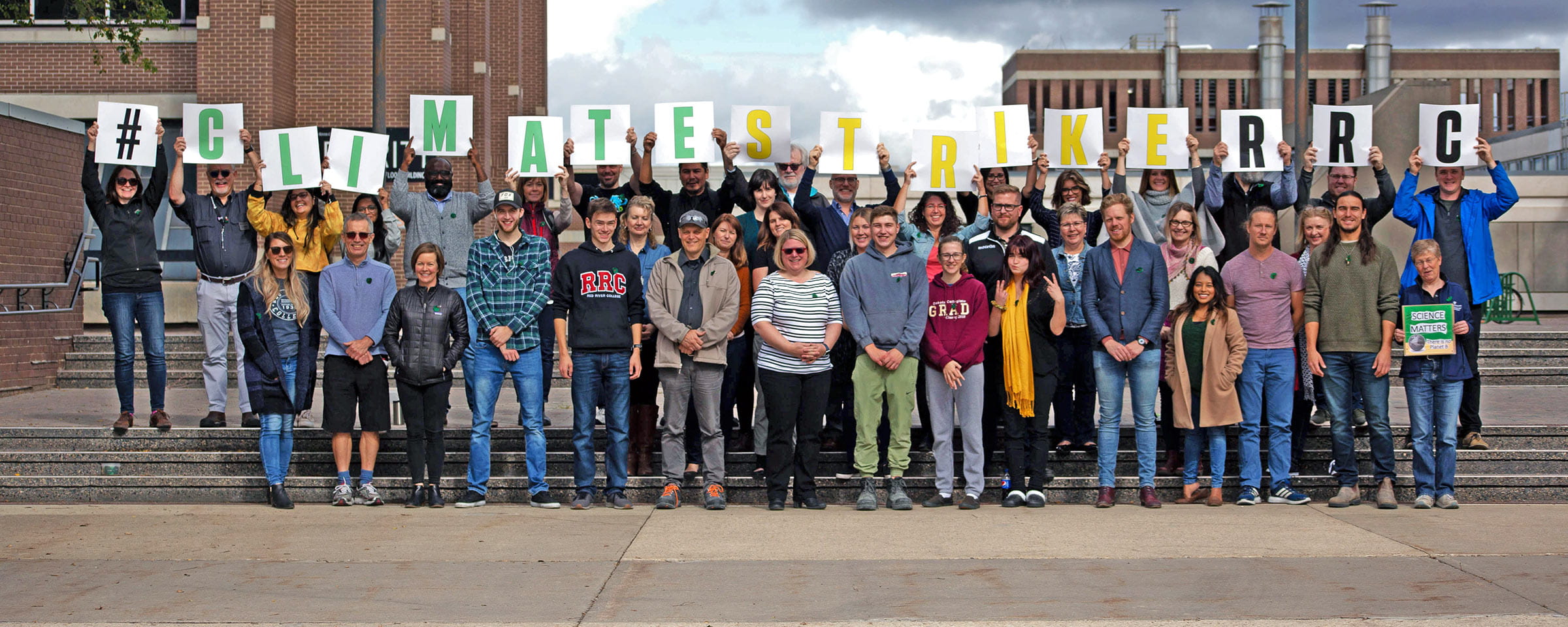Reaching for the STARS

With the recent launch of RRC Polytech’s Strategic Plan 2022-2026, In Front of What’s Ahead, it is time for many departments to set their own priorities and create strategies to complement and support the college’s bold vision. The Strategic Plan lists sustainability as one of the values that helps shape how we do our work and affirms our organizational commitment to “approach[ing] all our work with humility and a desire to improve the social, economic, environmental and cultural well-being all Manitobans.” We are excited to work towards the outcomes outlined in the Plan, but to do that effectively we need to have a better understanding of where we’re starting from. That is where STARS comes in.
The Sustainability Tracking, Assessment and Rating System (STARS) is a transparent, self-reporting framework for post-secondaries to measure their sustainability performance. Developed by the Association for the Advancement of Sustainability in Higher Education (AASHE), in consultation with the higher education community, STARS is a comprehensive tool that looks at the environmental, social and economic dimensions of sustainability across an entire institution. Ratings (platinum, gold, silver and bronze) are achieved based on the percentage of applicable points earned. By undertaking this assessment, we will be better able to understand and communicate where we are as an organization and how we compare to our peers.
STARS by the Numbers
- 679: post-secondary institutions worldwide have earned a STARS rating
- 63: Credits across four categories: Academics, Engagement, Operations, and Planning & Administration
- 4: bonus points available as Innovation & Leadership credits
- 11: institutions have earned a Platinum rating
RRC Polytech last undertook STARS in 2012 and earned a silver rating. As a result, we were able to identify key areas for improvement and advance sustainability significantly at the college. It is time to do this again. Using STARS as a benchmark, we will gain a better understanding of what we’re doing well and where the gaps exist. This will provide a strong foundation as we build towards realizing the vision set out in the Strategic Plan.
Below is the project timeline:
| January – March: | Collect, analyze and input data into the STARS Reporting Tool |
| March 15: | Submit initial STARS report to AASHE for review |
| March – April: | AASHE will review the submission and provide feedback |
| April – May: | Make revisions based on AASHE feedback and submit final report |
| May 2022: | Present our STARS result to the college |
While this project is led by Environmental Stewardship & Campus Renewal, it is a college-wide initiative and we want to thank all of you who have been and will be involved throughout this process. If you have any questions about STARS, or want to know how you can be involved, please contact us, we’d love to hear from you!

